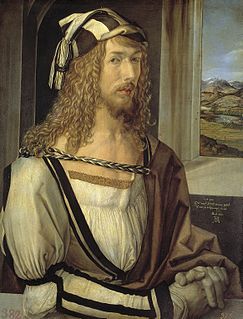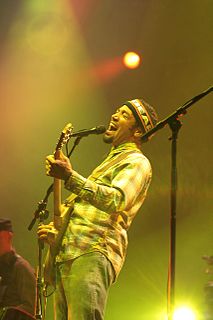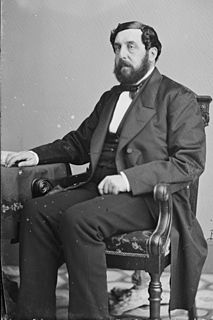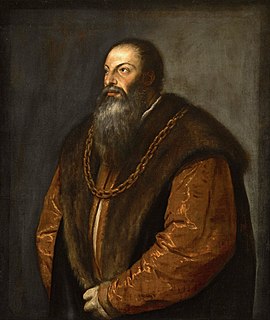A Quote by Augustus William Hare
Nature is mighty. Art is mighty. Artifice is weak. For nature is the work of a mightier power than man. Art is the work of man under the guidance and inspiration of a mightier power. Artifice is the work of mere man, in the imbecility of his mimic understanding.
Related Quotes
In the wildest nature, there is not only the material of the most cultivated life, and a sort of anticipation of the last result,but a greater refinement already than is ever attained by man.... Nature is prepared to welcome into her scenery the finest work of human art, for she is herself an art so cunning that the artist never appears in his work.
An artist of understanding and experience can show more of his great power and art in small things roughly and rudely done, than many another in a great work. A man may often draw something with his pen on a half sheet of paper in one day . . . . and it shall be fuller of art and better than another's great work whereon he hath spent a whole year's careful labor.
The very object of an art, the principle of its artifice, is precisely to impart the impression of an ideal state in which the man who reaches it will be capable of spontaneously producing, with no effort of hesitation, a magnificent and wonderfully ordered expression of his nature and our destinies.
In times past...it was my habit to talk glibly of the right of man to land. It was a bad habit, and I long ago sloughed it off. Man's only right to land is his might over it. If his neighbor is mightier than he and takes the land from him, then the land is his neighbor's, until the latter is dispossessed by one mightier still.
The younger and healthier a woman is and the more her new and glossy body seems destined for eternal freshness, the less useful is artifice; but the carnal weakness of this prey that man takes and its ominous deterioration always have to be hidden from him...In any case, the more traits and proportions of a woman seem contrived, the more she delighted the heart of man because she seemed to escape the metamorphosis of natural things. The result is this strange paradox that by desiring to grasp nature, but transfigured, in woman, man destines her to artifice.
Greatness by nature includes a power, but not a will to power. ... The great man, whether we comprehend him in the most intense activity of his work or in the restful equipoise of his forces , is powerful, involuntarily and composedly powerful, but he is not avid for power. What he is avid for is the realization of what he has in mind , the incarnation of the spirit .


































